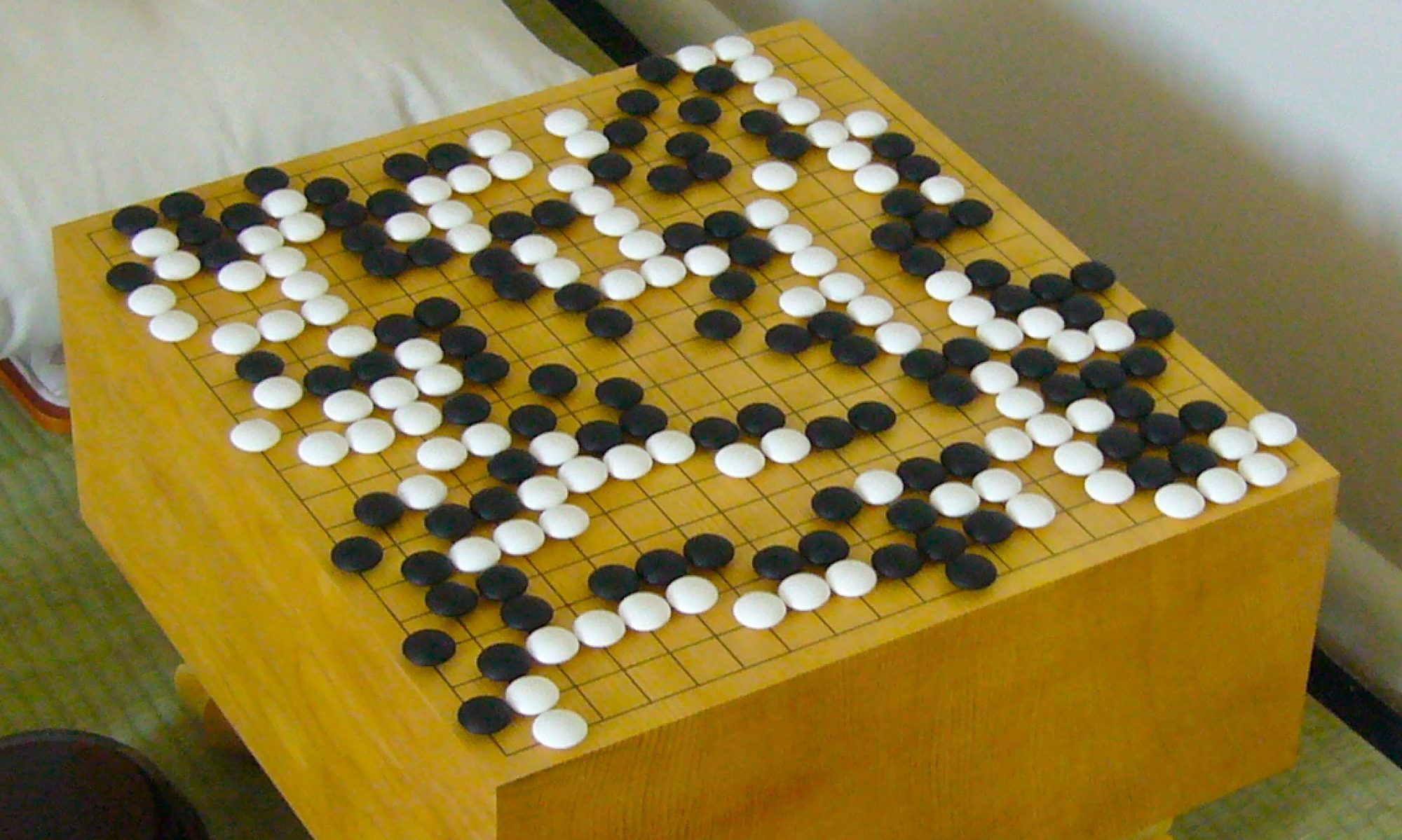First of all, to address the major risk from our last report, we have made significant progress on the physical board but we are not out of the woods yet. We have built the autocad design and prepped for laser cutting for our new 100cmx100cm wooden plank. In addition we have started circuitry assembly for testing purposes before making a final order for all our electrical components. We still have not finished these tasks and have yet to start testing our software on this circuitry but we plan to do so in the coming week. The risk here has evolved a little as well, as we realized we need fire and short-circuit protection, so have developed a plan to do this with a combination of insulation, and strategic spacing of components, but we still need to actually add that to the board.
A secondary risk from the reinforcement learning side is the inability to find an open-source database with expert go games. We felt confident that such a database existed, but should it end up not existing (or the data is unclean, or it is in an unusable state, etc.), the value network for MCTS would not be able to be trained to non-random weights before training commences. Fortunately, the mitigation for that comes in the form of MCTS itself, as the search generates more value network training data, that is, every board state plus whatever result the game it came from reached.However, this would harm the efficacy of training at first (the network would improve more slowly) and while we have enough slack for that possible time setback, it would be ideal to avoid.
Other than the aforementioned insulation and spacing, there are no changes to the design, and everything is running roughly on schedule. The development of the website is on-track with the feature for saving game history finished, and we have started on displaying the game history. Our hardware development is on track as well and the reinforcement learning model is almost ready for training.
